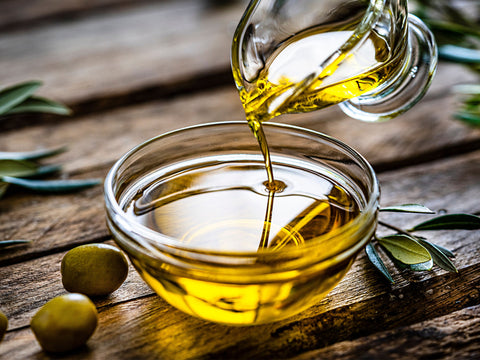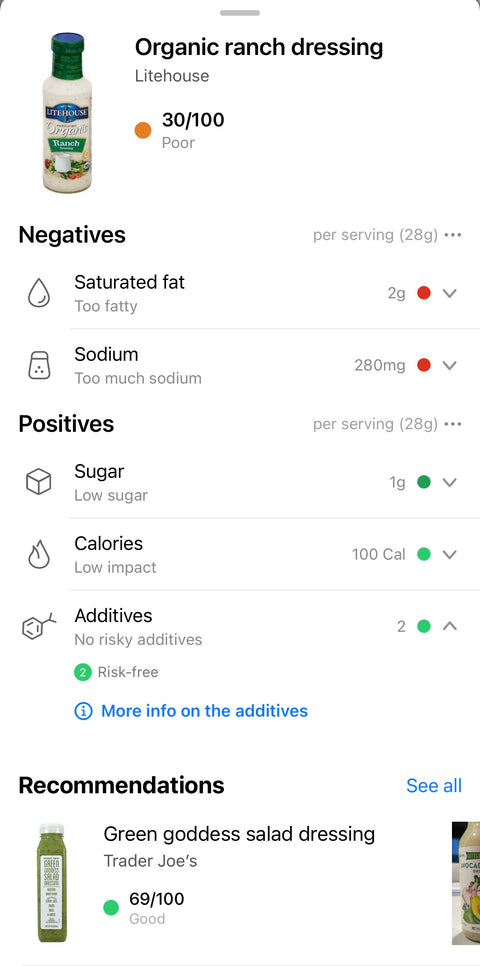Olive oil, often hailed as a liquid gold, has been consumed and cherished by civilizations for centuries. It is a staple in Mediterranean diets and has gained popularity worldwide due to its numerous health benefits. From its heart-healthy properties to its diverse culinary applications, olive oil is a versatile ingredient that can enhance both our well-being and our taste buds.
One of the standout benefits of olive oil is its positive impact on cardiovascular health. It is rich in monounsaturated fats, specifically oleic acid, which have been scientifically proven to promote healthy cholesterol levels. By increasing high-density lipoprotein (HDL) cholesterol, also known as "good" cholesterol, and lowering low-density lipoprotein (LDL) cholesterol, or "bad" cholesterol, olive oil reduces the risk of heart disease and coronary artery disease. Additionally, this liquid gold possesses antioxidant properties that shield our bodies from free radicals, which can cause inflammation and damage to blood vessels.
Olive oil contains high levels of polyphenols, which are natural compounds with potent anti-inflammatory effects. These polyphenols help combat oxidative stress and prevent chronic diseases, including certain types of cancer, diabetes, and neurodegenerative disorders like Alzheimer's or Parkinson's disease. They also contribute to a strengthened immune system by reducing inflammation markers and improving immune response. By regularly incorporating olive oil into our diets, we can fortify our bodies against various health complications and potentially extend our lifespans.
Beyond its health benefits, olive oil is a versatile ingredient that can elevate the flavors of a wide variety of dishes. From salads to pasta to marinades, olive oil adds a velvety texture and subtle flavor that enriches any recipe. Its lightness allows it to enhance the natural taste of ingredients and lend a smooth mouthfeel to dressings, while its high smoke point makes it suitable for sautéing and frying without degrading its nutritional value. This versatility makes olive oil an invaluable ingredient for both professional chefs and home cooks, allowing them to experiment with flavors and create exquisite dishes.
Olive oil also plays a crucial role in promoting sustainability and environmental conservation. Olive trees are known for their resistance to drought and adaptability to challenging terrains, making them ideal for cultivation in arid regions where water scarcity is an issue. Growing olive trees and extracting oil requires less water and energy compared to other oil crops, contributing to a reduced carbon footprint. Furthermore, olive oil production preserves natural resources by maintaining soil fertility and preventing erosion, ensuring a sustainable ecosystem for future generations.
Olive oil's benefits extend beyond its delightful taste and aesthetic appeal. From its positive impact on cardiovascular health and disease prevention to its culinary versatility and environmental sustainability, olive oil offers a multitude of advantages that make it an essential ingredient in our modern lives. Incorporating olive oil into our diets not only promotes healthier living but also enriches our culinary experiences, highlighting the significance of this ancient and cherished liquid gold.
Article By: Heather Campa, Wyoming Wildflower



